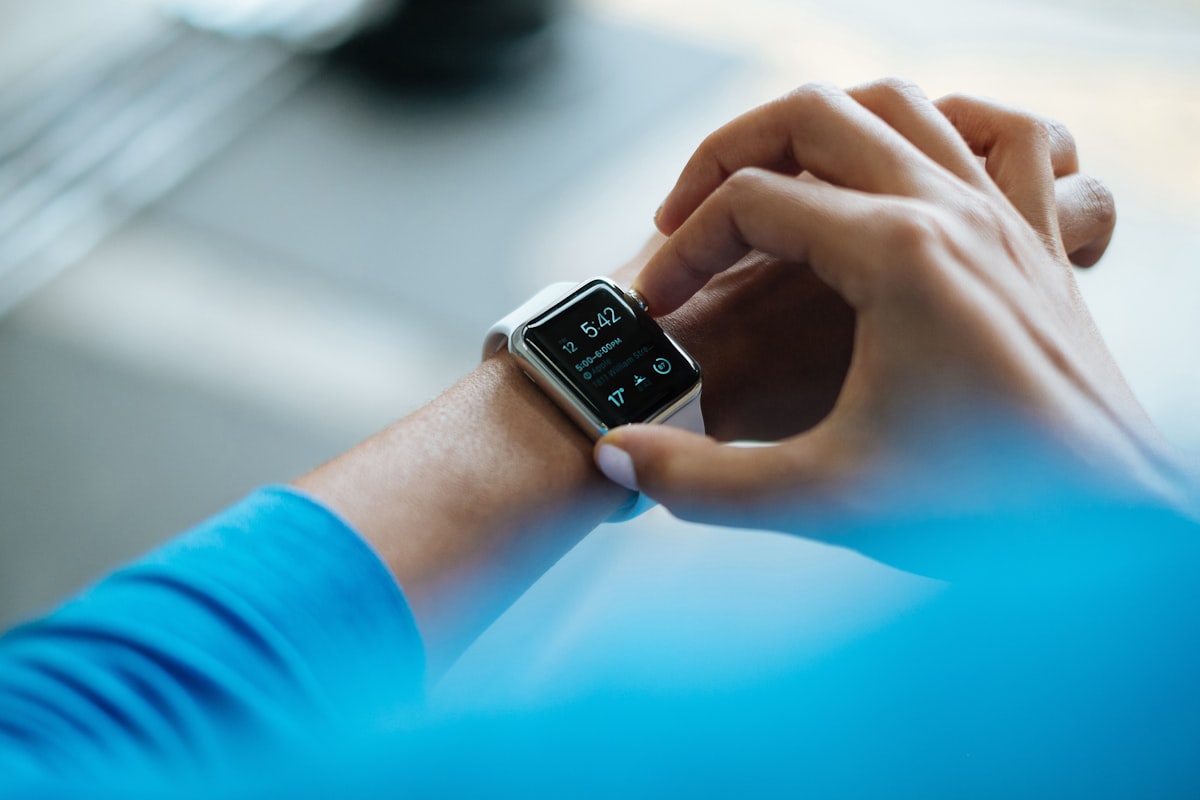Digital Intelligence (DIQ)
How do we find a way to address the Digital Intelligence (DIQ/DQ) of the general population?

IQ --> EQ --> DIQ?
So many things went wrong in 2020, but so many things went right as well. During this period, I noticed that we’d have to find a way to look after the general population’s Digital Intelligence (DIQ). We’ve been training society on how to use technology, and it’s ubiquitous now, but we overestimated people’s ability to recognize and critically judge the information.
Zuckerberg can claim that Facebook is not a media house all he wants, but the fact is, it’s the biggest media in the world. And it’s the algorithm, designed to keep us scrolling and engaged; it has to serve us what it believes keeps us on the platform.
I’m flabbergasted by how many people believe that their FB timelines are just a collection of the latest information posted by all their friends and the pages they like. Many people never consider that they see a certain type of information repeatedly, and that’s why they get the impression that it’s the (only) truth.
Are smart people opting out?
The majority of us still believe what we see, despite all the deepfakes that proliferated. 2020 taught us that scientists couldn’t compete with social media influencers. Facts are worth less than likes. Ph.D. loses against thousands of followers.
More and more, intelligent people are opting out of the social media discussions, as they tend to get too aggressive, ridiculous, and always just a few comments away from comparing whatever to Hitler. And this only makes it worst, as we’re left with those that have more time, but not necessarily brainpower, and that’s the messages that keep proliferating.
The silent majority opted out and resorted to what is now niche media of facts that are fighting for survival. A silent audience doesn’t sell ads, so the media houses become more reliant on billionaire donors, which isn’t in anyone else’s best interest either.
Subscription dispersion
The subscription economy brings some hope. Objective reporters can get supported by the readers directly, and this crowdsourcing can ensure better objectivity. When there’s no big advertiser to serve, you can write the truth.
Since everyone seems to have a newsletter now, there are more Substackers than anybody can follow. Curators are becoming the new creators, and we’ll have to discover these folks, whose tastes we’ll trust enough to allow them to judge what we want to read. It’s the human algorithm.
As long as these human algorithm curators are subscriber-financed themselves, we’re fine. But the moment the advertisers kick in, we ought to become wary. Heineken-sponsored curator isn’t going to serve you the truth about alcohol.
I see a potential for the next business model of newsletter editorials. Boards who don’t necessarily produce content themselves but are put together as curation boards with certain rules, ethical and moral standards we trust.
The magic of Substack is in dispersing the funding so that there are no big financial influencers. And you can vote with your (un)subscription every month. Whenever power consolidates, we need to start doubting. Once the curators start doing M&As, we’ll need to find new ones.
Consumer protection
But we’ll have to figure out how to educate the consumer. Train them to stay curious but vigilant for facts. Help them understand how and why algorithms work. Maybe the privacy laws aren’t really about protecting individuals but society from rogue consumers.
After the Industrial Revolution, we decided that we need to take care of the disabled who are physically incapable of participating. With the Digital Revolution, we’ll have to decide to take care of those mentally unfit to participate. We can’t just leave them behind. We certainly won’t let them lead.
I’m thinking out loud here, but do we really need to allow everyone to vote? Everything is measurable nowadays, so maybe we can define some metrics around that. I understand that it’s the fairest thing to allow nature to provide the voting right — being a certain age. This ensures objectivity. But maybe that’s a pre-DX and pre-AI relic. A leftover that doesn’t make sense anymore.
Maybe there needs to be a trade. You get UBI, but that strips away your right to vote, leaving more space for those that generate value to pay your UBI. You can get back into the game by giving it up anytime, get to work, generate value for society, and then you can cast your vote.
I don’t know; there are people smarter than me who will have to figure out the best way going forward. But I believe we can’t continue like this.
If the 2020s become the Great Dispersion decade and we learn how to work with cryptocurrencies, maybe the future isn’t dystopic. Can we make it such for the whole world, or only for certain civilizations? My money’s on us.



Comments ()